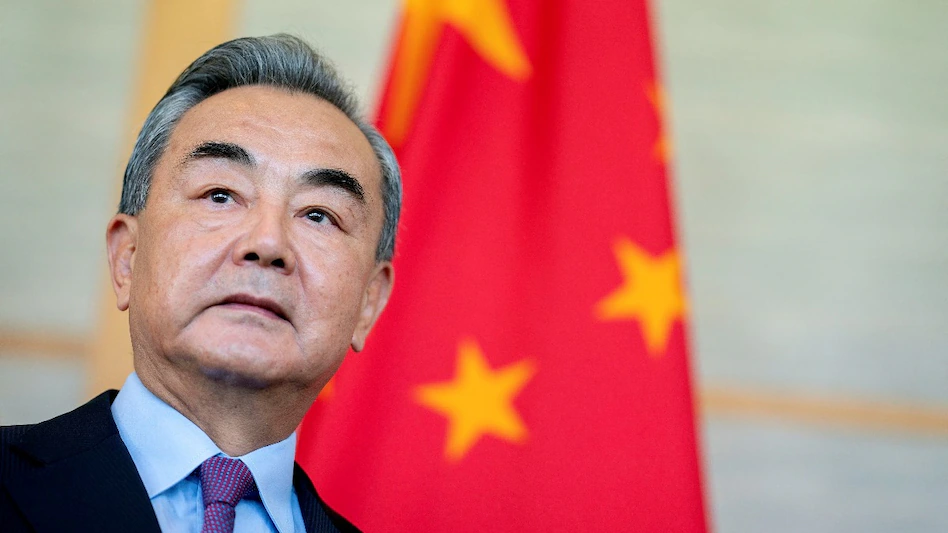Chinese Foreign Minister Wang Yi will visit India from Monday to Wednesday for talks centered on the long-disputed Himalayan border, China’s foreign ministry announced on Saturday. This visit marks only the second high-level engagement between the two nations since the deadly border clash of 2020 that left at least 20 Indian and four Chinese soldiers dead, plunging relations between Asia’s two largest powers into deep freeze.
Tensions have gradually eased in recent months, following an October 2024 agreement that established new patrol mechanisms along contested stretches of the Line of Actual Control (LAC). The deal, which came after five years of stand-off, has paved the way for incremental normalization in bilateral ties. Trade, investment flows, and even air travel—which were severely disrupted in the wake of the 2020 clash are showing signs of revival.
Wang Yi’s trip is expected to focus on implementing confidence-building measures along the border, expanding diplomatic dialogue, and exploring areas of cooperation under multilateral frameworks. Analysts say that while both governments remain cautious, the visit signals a willingness to prevent the border dispute from overshadowing broader strategic and economic cooperation.
Adding weight to the timing, Indian Prime Minister Narendra Modi is scheduled to travel to China later this month to attend the Shanghai Cooperation Organisation (SCO) summit. The trip will mark Modi’s first visit to China in seven years and is expected to include a meeting with President Xi Jinping. The bilateral engagement on the sidelines of the SCO summit could prove pivotal in shaping the trajectory of relations between New Delhi and Beijing.
For India, stabilizing ties with China is critical as it seeks to focus on economic growth and regional leadership without being distracted by protracted military tensions. For China, rapprochement with India is equally important, particularly amid growing rivalry with the United States and the need for stable relations with key Asian neighbors.
While the Himalayan border remains a sensitive and unresolved issue, Wang Yi’s visit offers a window for dialogue and de-escalation. Both nations appear to be recalibrating their approach, suggesting that diplomacy may once again be steering their complex and often fraught relationship.

